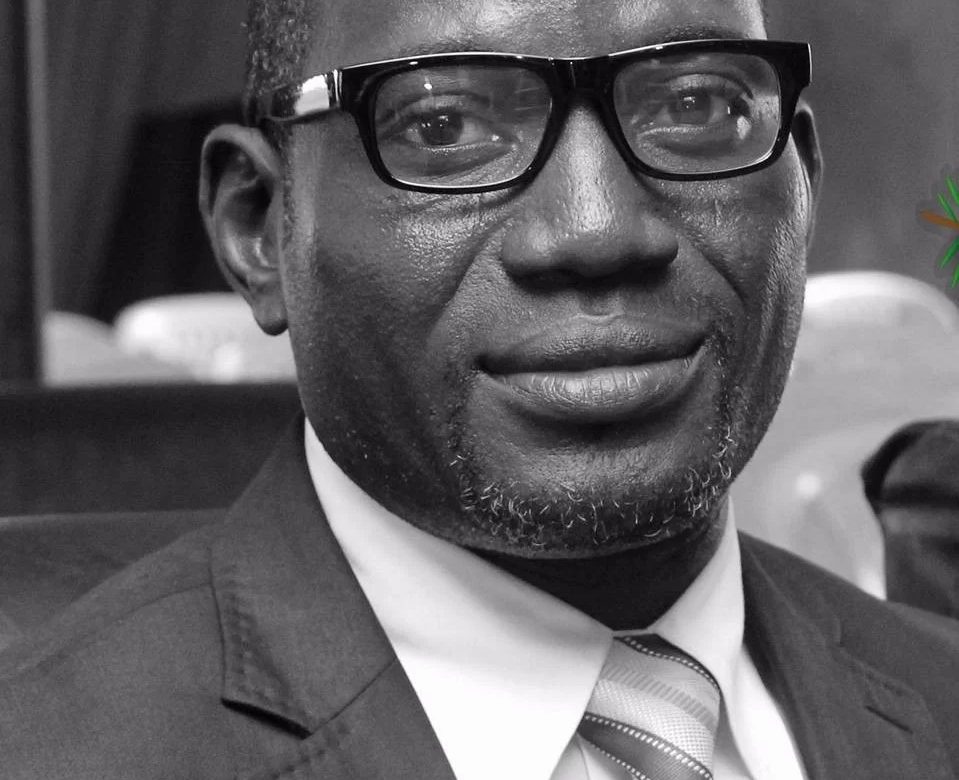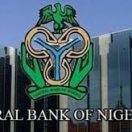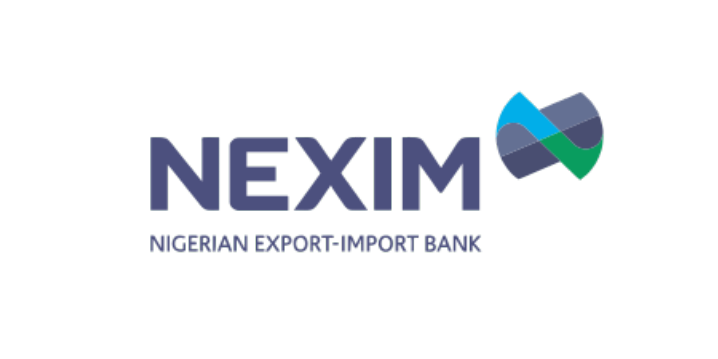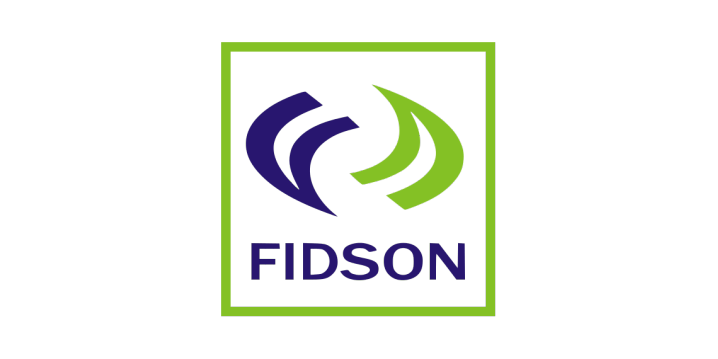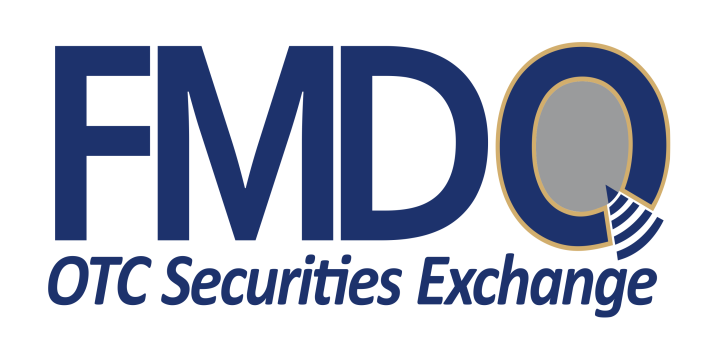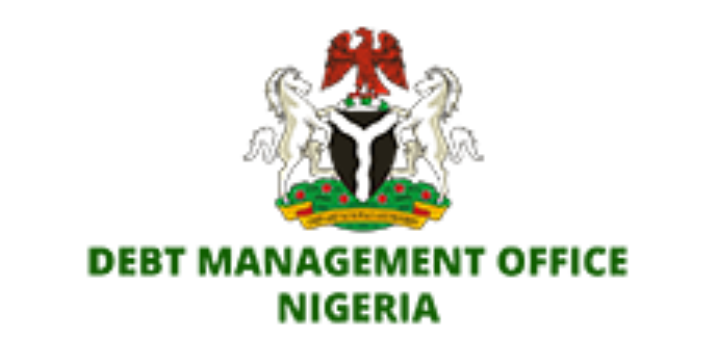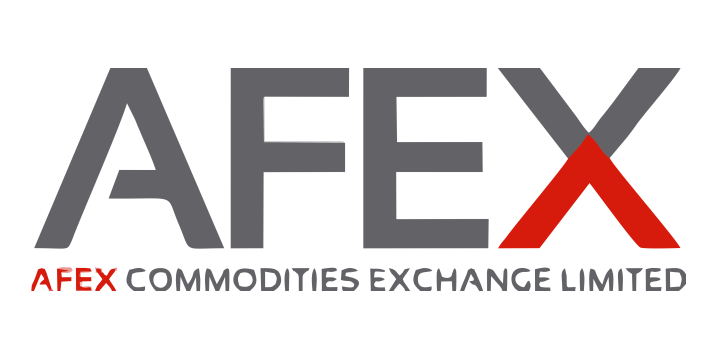Nigeria’s financial market is witnessing growing regulatory tension following the Central Bank of Nigeria’s (CBN) recent bid to assert control over the fixed-income market — a move analysts say challenges the Securities and Exchange Commission’s (SEC) statutory authority as the apex capital market regulator.
While the CBN describes the initiative as a step toward improving transparency and market efficiency, financial experts argue it contradicts provisions of the Investment and Securities Act (ISA) 2007 and its forthcoming ISA 2025 revision, which clearly vest the regulation of all securities — including bonds and derivatives — in the SEC.
The controversy stems from overlapping mandates between the two institutions. Under the CBN Act 2007, the Bank focuses on monetary policy and financial stability, while the SEC, under Section 13 of the ISA, oversees the securities market. The CBN’s attempt to directly regulate trading, settlement, and reporting of fixed-income instruments risks creating regulatory duplication and undermining investor confidence.
Of particular concern is the CBN’s plan to operate its own settlement and trading infrastructure for government securities under the S4 settlement platform without SEC registration. Analysts warn this could lead to regulatory arbitrage, legal uncertainty, and erosion of market integrity.
The impact may already be visible, with FMDQ Exchange, a major SEC-regulated platform, facing potential value erosion if market activity shifts toward the CBN’s system. Experts fear this uncertainty could further deter foreign portfolio investment (FPI) and strain liquidity in Nigeria’s debt market.
To safeguard market confidence, analysts recommend:
- Clear jurisdictional boundaries between the CBN and SEC.
- Mandatory SEC registration for all financial market infrastructures.
- Partnerships with existing platforms like FMDQ and CSCS instead of creating parallel systems.
- A joint oversight committee to harmonize policies and strengthen coordination.
Ultimately, Nigeria’s ambition to build a transparent and efficient fixed-income market depends on regulatory harmony, not competition. Analysts stress that collaboration between the CBN and SEC is vital to preserve market integrity, attract investment, and sustain long-term financial stability.
Source: Fundvine capital and securities limited.

